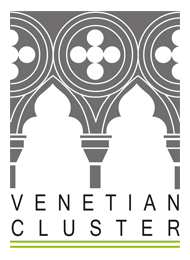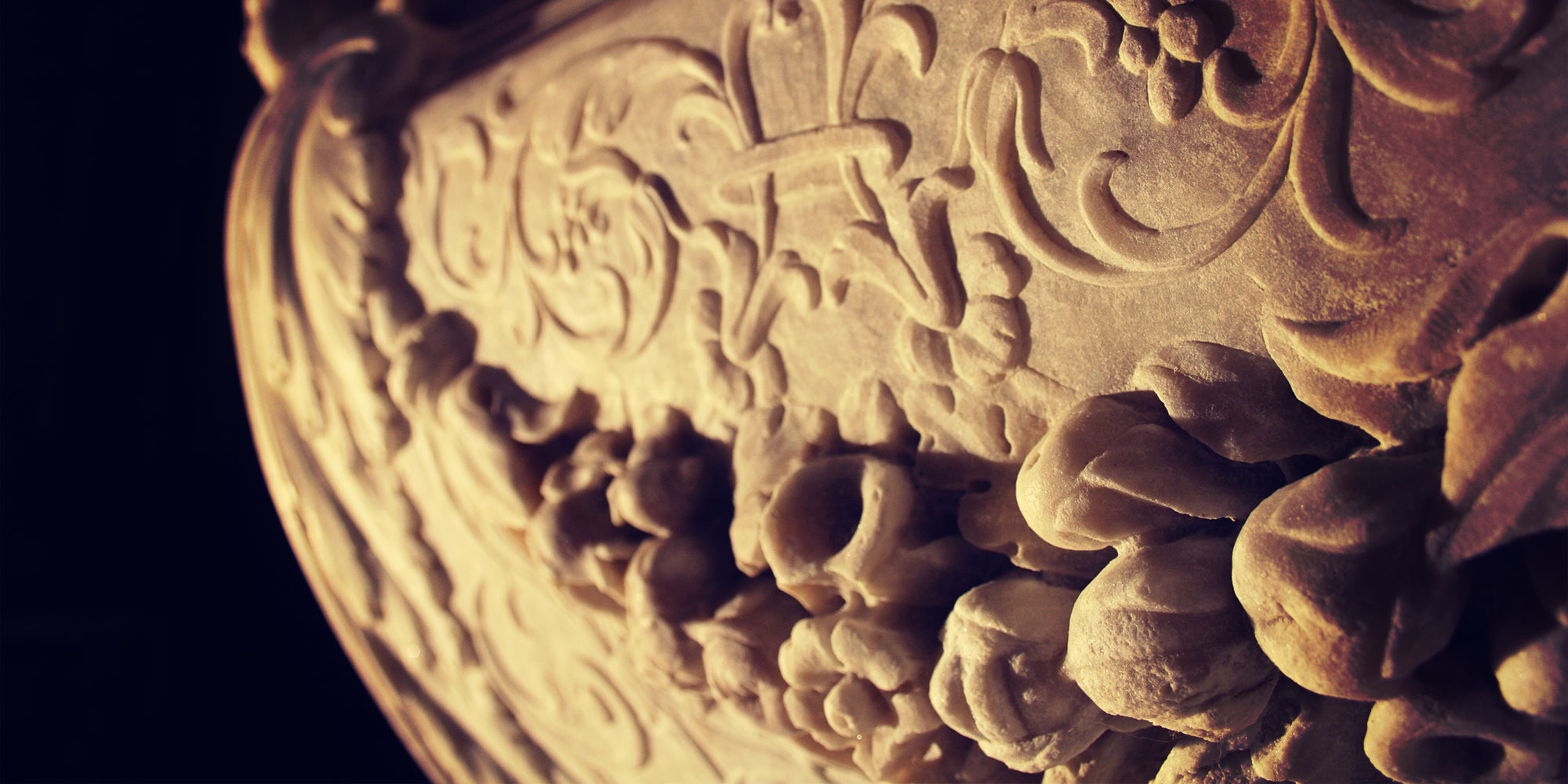The REFREsh project closes and opens the doors of European cultural centers
The final partner meeting of the project took place on September 15, 2020, online, via Skype. Originally, the meeting was planned to be held in Freiberg, Germany. Due to the ongoing COVID-19 pandemic, travelling was restricted and an online format for the meeting was chosen. During the meeting, a total of 19 representatives from all ten project partners was present, as well as two representatives of the Joint Secretariat. Ms. Binder, representing LP Aufbauwerk, led the meeting.
Due to the fact that this was the final partner meeting of the REFREsh project, representative from each partner shared their experience during the past three years and give feedback about the project implementation. Alexander Eisenblätter (PP2), David Sörös (PP3), Gabor Benovics (PP4), Tajda Senica (PP5), Vesna Zorko (PP6), Maurizio Male (PP7), Laura Zuccato (PP8), Irena Grdinic (PP9), Sanja Cop and Valerij Juresic (PP10) shared the feedback of their organizations. All partners emphasized the good experience they had thanks to the project. The cooperation with all partners was highly enjoyed and considered fruitful for the regions. All partners were satisfied with the cooperation with the lead partner and Ms. Binder as the Project Manager. Many partners also emphasized the need for projects like REFREsh and the fact that the topic of cultural heritage offers even more potential for future projects and collaborations. In many regions the project set a starting point for further developments and created awareness for the topic. The partners point out that they hope to work together again in the future.
Pilot Action
After the investments in the five project regions were completed, pilot actions were implemented in the refurbished spaces. During the pilot actions, the reutilization concepts were tested through the integration of the creative scene as final step of the revitalization process. The following concepts were tested: Freiberg (DE) – Huthaus as cultural contact point, Komló (HU) – communist headquarter as cultural centre, Piran (SI) – salt warehouse as cultural entertainment center, Castello di Godego (IT) – old store as cultural hub, Lokve (HR) – technic water dam house as cultural centre.
- Cultural Contact Point, Freiberg, Germany
- Cultural Centre, Komló, Hungary
- Cultural Entertainment Centre, Piran, Slovenia
- Cultural Hub, Castello di Godego, Italy
- Cultural Centre, Lokve, Croatia
Project Summary
REFREsh tackled one of the major challenges of rural areas in central European regions. Unused industrial heritage exists all over Europe, which needs a new form of use. One approach used often is to involve the creative scene in the reutilization process. For that, a multifunctional approach is necessary, bringing together established stakeholders from trade, industry and services as well as the creative scene. By working together in close cooperation, a mutual added value and sustainable revitalization of the sites can be achieved.
During the REFREsh project, five selected industrial heritage sites were refurbished and tested for reutilization. New spaces were created for the creative and cultural scene in Germany, Hungary, Slovenia, Italy and Croatia. At the same time, the cultural heritage could be maintained and given a new, valuable purpose. REFREsh thereby offered a starting point for further developments in these industrial areas. The project and its results were highly disseminated in the regions, which led to increased awareness of the tackled issues and respective opportunities.
In addition, by collaborating for three years, the partners were able to exchange knowledge and learn from each other during all project steps. A transnational approach for the revitalization of cultural and industrial heritage was developed successfully, leading to sustainable project outcomes and valuable new opportunities in all project regions. The experience gained in the regions will contribute to sustainable results and allow for further achievements.
REGIONAL STRATEGIES FOR THE INTEGRATION OF CREATIVE SCENE
Project partners in each country developed regional strategies for establishing creative actors in their region tailored to their specific development sites, creative scene and functional structures of trade, business and services for multifunctional use and generate added value. Strategies includes attractive environment, potentials for cooperation of sectors, value chains, approaches for involvement of actors, governance and improvement of spatial development. The regional strategies will be further used by the partners to develop the selected site during and after the project. Approach of integration creative scene analysed on two site specific sites can be realized
with taken in consideration pilot actions results after the project. The transnational strategy with their recommendations allows also an adaption to other sites and will be used by partners and associated Partner.
REFREsh tackles the main challenges of rural areas in CE regions. Unused industrial heritages exist which need a revitalisation and a new form of use. The main objectives of REFREsh are to reutilize industrial heritages through new forms of creative use and attract new creative actors for valorise the industrial heritage in cooperation with actors from trade and service sector.
The projects transform industrial heritages into cultural centres for creative scene as starting point for development of the industrial areas, Municipalities and regions in Central Europe.
The Project will develop benchmarking tools, regional strategies and test the new approach in five pilot actions. To reach a critical mass of creative actors and to foster transnational cooperation of the creative scene the project plans to organise exhibitions, cultural events and creative workshops.
The project is linked to specific objective 3.2 by improving capacity and valorising of old-industrial heritages and foster integration of creative scene.
By showing successful approaches for reutilization of industrial heritages for cultural purpose and integration of creative scene tested in pilot actions, the aim is to give industrial heritages a new use to useful areas which bring value to the whole rural region.
In a long term effect and by adapting the tested approaches also in other rural areas in Central Europe old industrial heritages will be reutilized and creative scene integrated rural areas. So the cultural heritage is maintained and is sustainable used.
PARTNERS
PP1 Aufbauwerk Region Leipzig GmbH (DE)
PP2 SAXONIA (DE)
PP3 Chamber of Commerce and Industry of Pecs-Baranya (HU)
PP4 Local government of Komló (HU)
PP5 Institute for the Protection of Cultural Heritage of Slovenia (SI)
PP6 Municipality of Piran (SI)
PP7 Venetian Cluster (IT)
PP8 Municipality of Castello di Godego (IT)
PP9 Primorje-Gorski Kotar County (HR)
PP10 Municipality of Lokve (HR)
ASSOCIATE: Stadt Freiberg, Saxonia, Germany
REFREsh – Rural Revitalisation For cultural Heritage
Duration: 1. 7. 2017 – 30. 9. 2020.
Partners: 10 partners from 5 countries
Approved budget: 2.023.344,09 euro



